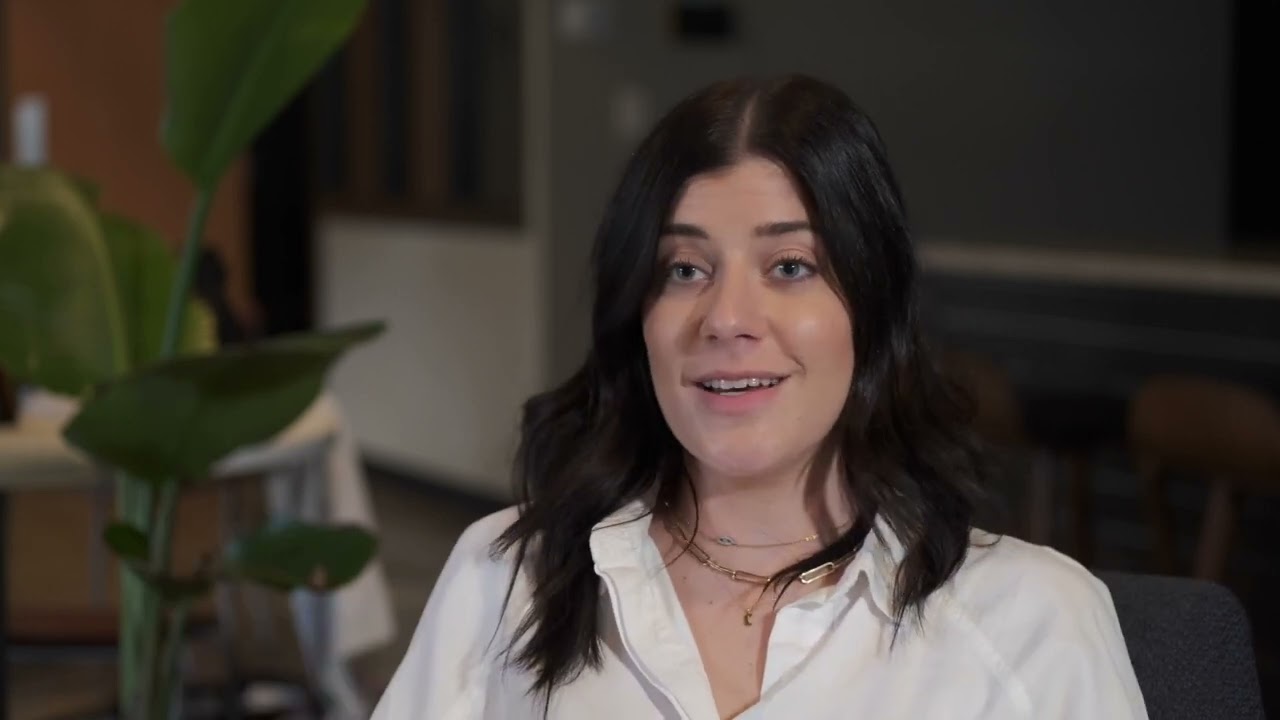Grief and Losing A Loved One
April 10, 2024
Written by Courtney Watson, Sr. Manager Head for the Cure & Caregiver
Losing a loved one is the hardest thing anyone will have to go through. Brain cancer does not discriminate, and it seems always to impact the greatest people. In March of 2016, my mom was diagnosed with a Glioblastoma, and my life turned upside down in an instant. After nine short months of treatment, radiation, Avastin, and immunotherapy, nothing else could be done and we had to move her into hospice.
During those nine months, anticipatory grief struck deeply. Despite assuming the role of strength for my family, I neglected my emotional well-being, suppressing emotions until they inevitably surfaced after her passing in December 2016.
My mom passed when I was 23 years old. I thought I would have my entire life to have her around and cheer me on as I grew up. We could no longer call her after work, share weekend dinners, or seek her comforting hugs after tough moments.
The anxiety and grief hit me instantly as all of those bottled up emotions finally released. I couldn’t wake up without thinking, “today is the day I get a brain tumor and I’m going to end up dying like my mom.” That triggered instant anxiety and grief, manifesting as tension headaches, heightened anxiety, and panic attacks.
Grief consumed me entirely during the first year without my mom, making celebrations like birthdays and holidays feel suffocating. Seeking professional help became imperative, leading me to therapy and a psychiatrist to navigate my daily mental, physical, and emotional struggles. I couldn’t focus as I went back to work, I felt like I couldn’t enjoy time with my friends, and the depression really sunk in.
It took me two years to finally not have the obsessive thought that I was going to get brain cancer. Two years of consistent therapy, finding the right anti-depressant, and learning my new normal of life without my mom. Turns out the combination of PTSD and grief really did a number on me, but I couldn’t have done it without advocating for myself and getting the help I needed.
I will never forget after the first month of finding the right medication, I woke up and didn’t have that thought. It’s like it didn’t even exist in my mind, and I couldn’t have been more relieved. Grief is like a dark tunnel you get sucked into and it takes time to finally crawl towards the light.
Having support and resources to navigate through that challenging period is truly beneficial. Acknowledging that my brother and stepdad were also grieving allowed us to lean on each other, making the journey more bearable. As time passed, we discovered ways to adapt to the grief, and having a strong support system made the journey more sustainable.
Even years later, I’ve found that our Caregiver Conversation support group has helped so much because I get to continue to connect with others who have gone through the exact same thing I have. We have shared feelings and experiences so connecting with each other is an amazing form of therapy.
